Introduction
Winter brings a unique set of challenges and opportunities for anglers, and ice fishing is one of the most thrilling ways to embrace the cold season. Among the various species pursued through the frozen surface, walleye stands out as a prized catch. Walleye offer both a rewarding culinary experience and a spirited fight. In this guide, we'll explore everything you need to know to make your next ice fishing expedition for walleye a success.
What Is Walleye?
Walleye, also known as yellow pike orpickerel, are highly sought after for their succulent white flesh and mild flavor. They are found in many freshwater lakes across North America and are particularly abundant in the northern regions. Walleye tend to grow larger in size, making them a favorite among ice anglers looking for a trophy catch.
Walleye are opportunistic feeders, preying on a variety of organisms including minnows, shad, insects, and smaller fish. Their diet varies depending on availability and size, with juvenile walleye feeding more on insects and small crustaceans while adults target larger prey. Understanding the feeding habits of walleye can significantly improve your chances of a successful catch, as they are more active during specific times of the day and year.

Where and When to Ice Fish for Walleye?
Ice fishing for crappie can be a rewarding experience if you know when and where to look. Here are some prime time and locations for finding walleye under the ice:
| When | Where |
| Early winter | Shallow flats between 10 and 20 feet that drop off to the basin; Submerged wood and rocks |
| Mid winter | If the lake only gets 25 feet deep at its deepest point, walleye may be around 20 feet deep. If deeper, walleye can be found in 30 feet |
| Late winter | Drop off of shallow rock and sand flats |
Daily Timing
Walleye are most active during low-light conditions, making early morning and late afternoon the optimal times to fish. Additionally, overcast days tend to improve bite rates as walleye are more likely to move around and feed.
3 Must-have Ice Fishing Walleye Lures
If you're on the hunt for walleye, you know that choosing the right bait or lure can make all the difference between a successful day on the water and going home empty-handed. Walleye are notoriously selective feeders, but with the right approach, you can significantly increase your chances of landing this prized catch. Here we'll explore some of the best baits and lures for walleye fishing.
Dr.Fish 12pcs Spinners and Spoons Kit
Feature:
- Life-like swimming appearance, vibration in water, using both visual and sonic stimulus to provide the best action.
- Blades produce extremely seductive flash and strike-triggering sound, provoke predator to bite. All equipped with strong treble hooks.
- Highly reflective holographic finish, blades, several different patterns
- Qty.: 8pcs spoons and 4pcs spinners. Come with a high-quality plastic box.
Dr.Fish 12pcs Spinners Minnows Crankbaits Kit

Feature:
- Feature a precisely engineered shape, stereo 3D fisheye and lifelike scale patterns making the fish look more vivid and realistic.
- All equipped with strong treble hooks, higher strength and powerful penetration.
- Premium quality blade provides continuous flash and vibration.
- Qty.: 6pcs spinners and 6pcs hard lures. Come with a plastic box.
Dr.Fish 30pcs Big Eye Jig Heads 1/32oz-1/8oz(with Box)

Feature:
- Lifelike 3D eyes and bright color jig head particularly attractive in water.
- Anti-drop design tightly locks the soft bait, preventing baits and lures from falling off.
- Made of high-quality carbon steel, maintaining high strength and durability.
- 30-pack jig heads in a reusable storage box. Three weight available: 1/32oz, 1/16oz, 1/8oz.
Ice Fishing Techniques for Walleye
Before we get into the techniques, it's essential to understand the behavior of walleye during the winter months. Walleye are known to move to deeper waters in lakes as they search for suitable habitats with adequate oxygen levels and food sources. They tend to be less active in colder water, which means you'll need to adjust your strategies accordingly.
Key Points:
- Deep Water Migration: Walleye often move to deeper waters (15-30 feet) where the temperature is slightly warmer.
- Schooling: They tend to school up during the winter, making them easier to locate once you find them.
- Slow Movement: Their reduced metabolism means they move slower, requiring patience and finesse in your approach.
Jigging for Walleye
Jigging is one of the most effective methods for catching walleye through the ice. Here’s how you can do it:
Select the Right Jig: Use a jig that matches the size and type of bait you plan to use. A 1/16 to 1/8 oz jig is usually effective.
Vertical Jigging: Lower your jig straight down until it reaches the desired depth, then lift it back up about 1-2 feet and let it flutter back down. This mimics the movement of injured prey.
Horizontal Jigging: Once you locate fish, you can also try horizontal jigging by moving the jig side to side at the same depth.
Tip: Vary your jigging speed and pattern until you find what works best on that particular day.
Setting Up Tip-Ups
Tip-ups are great for covering multiple spots simultaneously. Set them up over known walleye haunts and use live bait or artificial lures. When a fish takes the bait, the flag will pop up, signaling a bite.
Conclusion
Ice fishing for walleye can be a rewarding and enjoyable experience if approached with the right knowledge and preparation. With the proper gear, techniques, and a bit of patience, you can enjoy a successful day on the ice, bringing home a tasty catch and creating memories that last a lifetime.

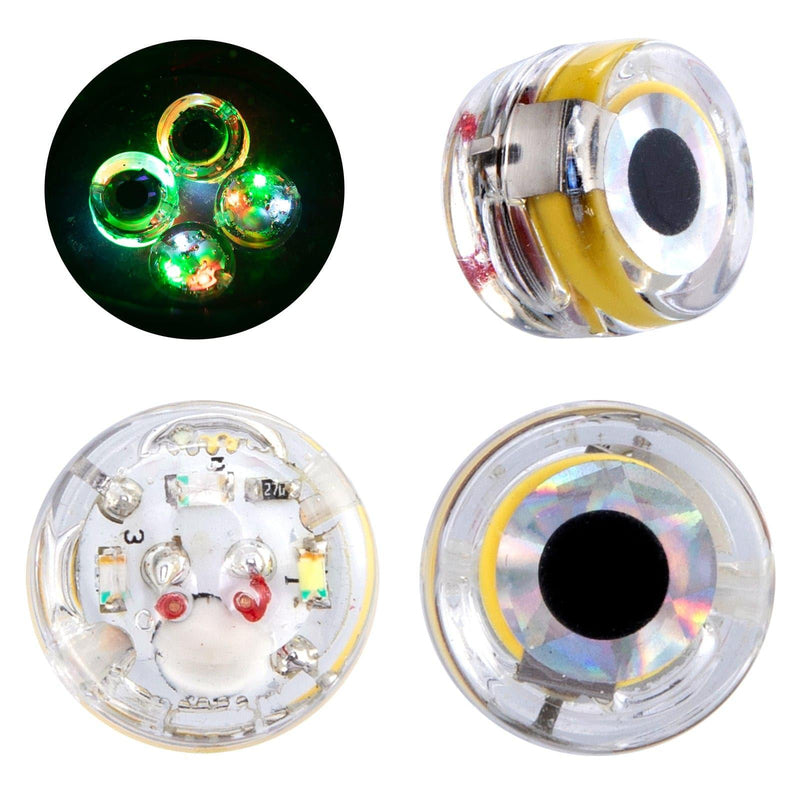
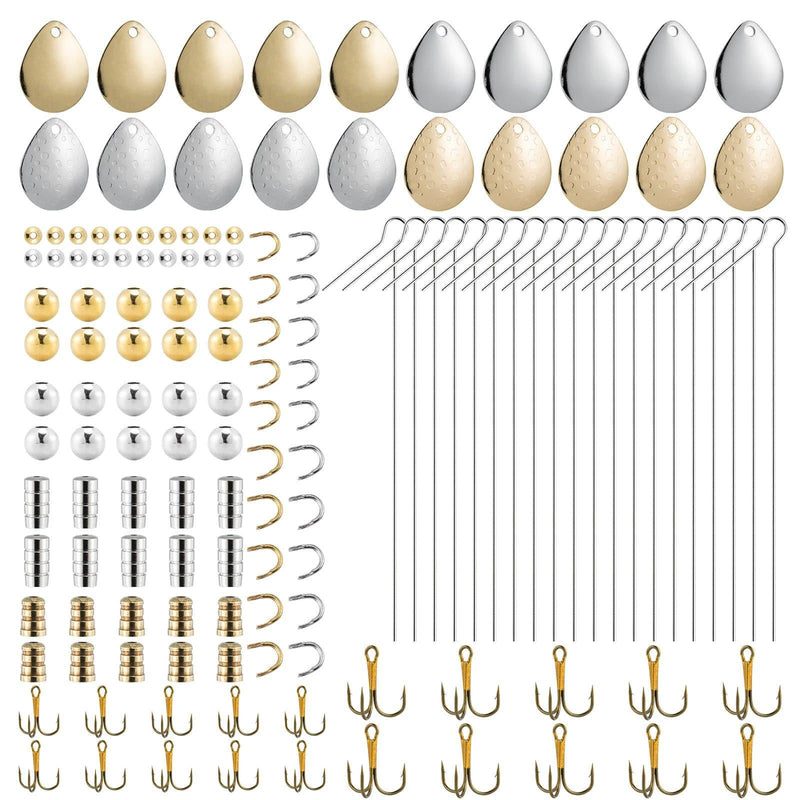
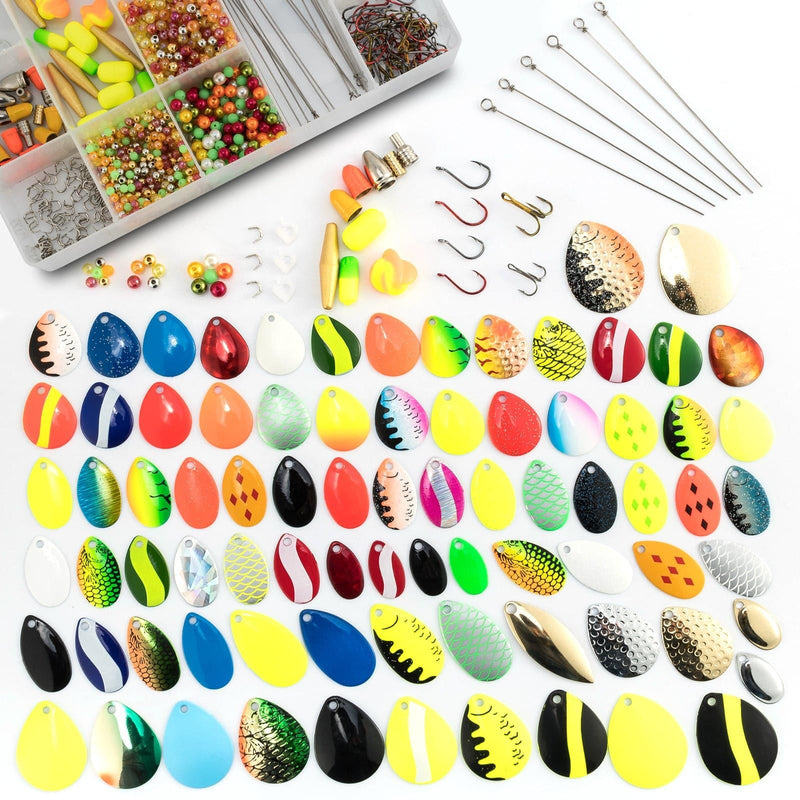
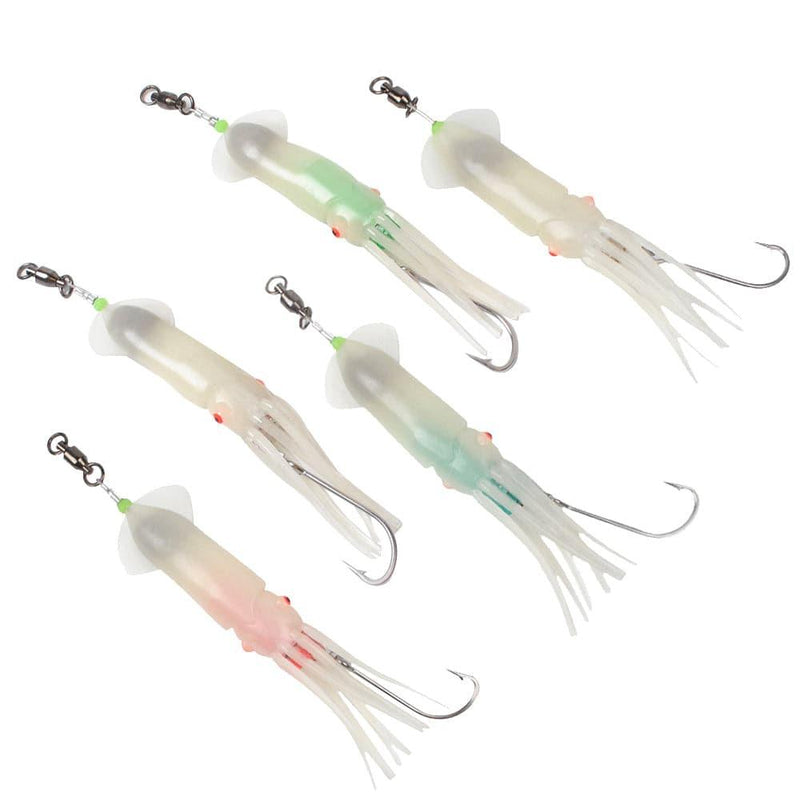
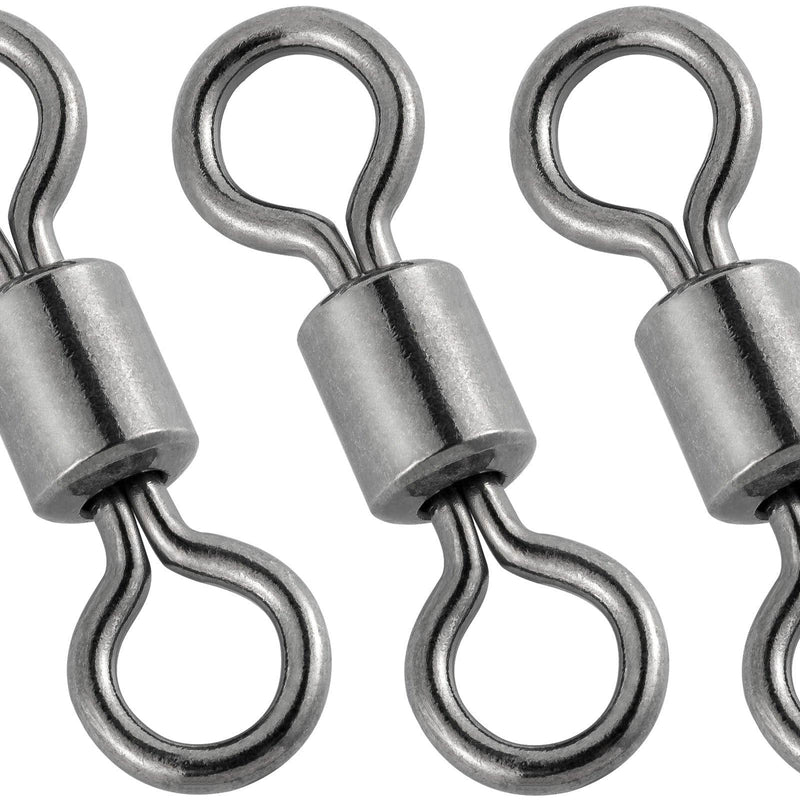
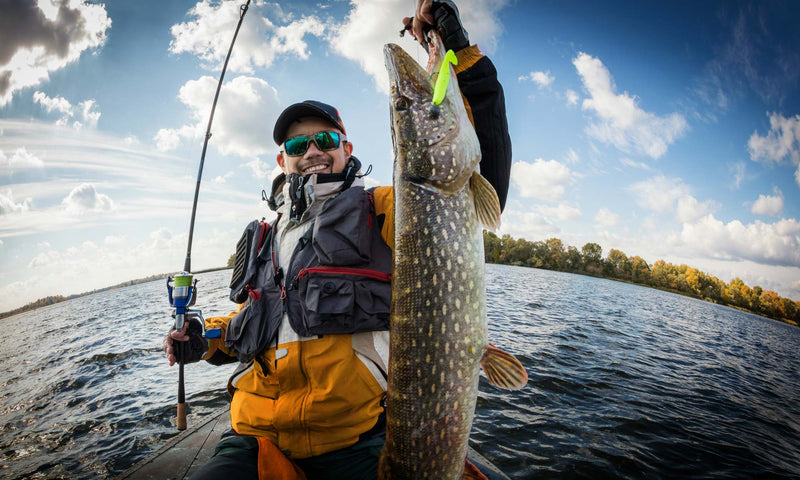
0 comments